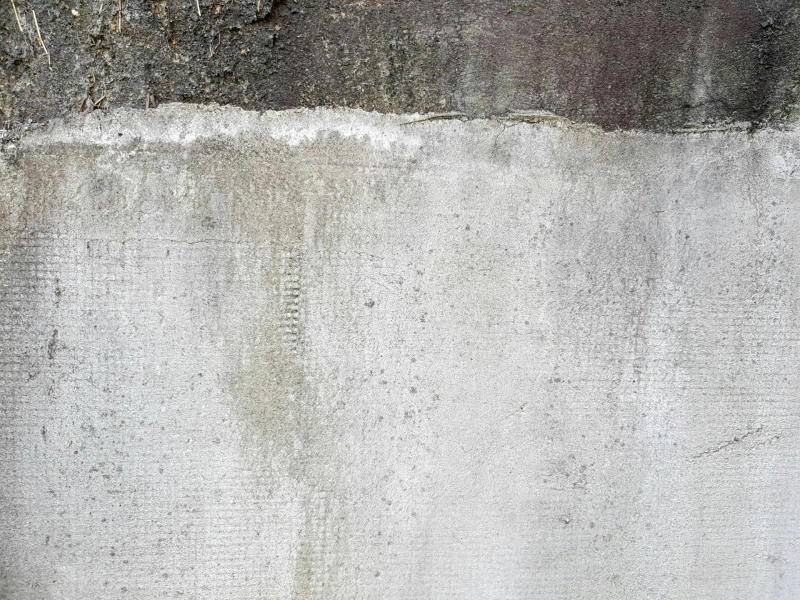Your Home Might Be Showing Signs of Foundation Trouble
Many homeowners overlook the early signs of foundation issues simply because they seem like minor inconveniences. A door that suddenly sticks, a few small cracks in the drywall, or windows that don’t close as smoothly as they used to—these could all be signals that your foundation is shifting. You might also notice sloping floors, gaps forming around window frames, or even moisture creeping into your basement. These changes often start small but can become major problems if ignored. Being alert to these signs and acting quickly can save you from extensive and expensive repairs down the line.
How Professionals Fix Foundation Pr![]() oblems
oblems
Once an expert foundation repair service provider diagnoses an issue, the repair strategy will depend on the severity and type of problem. For significant settling, a method called piering is often used—this involves driving steel piers deep into the ground to stabilize or lift the foundation. If the issue is more localized, slabjacking might be used, where a cement-like mix is pumped underneath the slab to raise it back into place. For bowing or cracking basement walls, contractors may install wall anchors or carbon fiber strips to reinforce the structure. In many cases, waterproofing is also necessary to prevent future damage, and solutions can include sump pumps, French drains, and regrading the landscape to direct water away from the foundation.
What’s Really Going On Beneath Your Feet?
Foundation problems usually stem from natural forces like soil movement, water damage, or even poor construction. One of the most common causes is expansive soil—particularly clay—that swells when wet and shrinks when dry. This constant push and pull creates pressure on your foundation. Improper drainage can also cause water to pool around your home, eroding the soil underneath and leading to instability. Sometimes, the issue starts during construction if the foundation wasn’t properly reinforced. Even landscaping choices, like planting trees too close to the house, can lead to issues as roots dry out the surrounding soil unevenly.
What Does Foundation Repair Actually Cost?
The cost of foundation repair can vary widely based on your location, the method used, and how extensive the damage is. Minor crack repairs may cost as little as $500, while more serious structural fixes involving piers or anchors can run upwards of $10,000 or more. Most homeowners will find themselves spending somewhere between $2,000 and $7,000. While that might seem steep, consider the alternative: ignoring the problem can lead to even more expensive damage to the home’s framing, plumbing, and walls. Always get at least two or three detailed estimates before committing to a contractor, and ask about warranties to protect your investment.
Choosing the Right Expert for the Job
When it comes to foundation repair, experience and specialization matter. Avoid general handymen and instead look for companies that focus specifically on structural repairs. Make sure they’re licensed, insured, and willing to walk you through their proposed solution step by step. A reputable contractor should be transparent with pricing, provide a written contract, and offer a warranty—ideally one that’s transferable if you sell the house. Also, check online reviews and ask for references. Trust and communication are key; after all, you're putting the stability of your entire home in their hands.
Don’t Wait—A Strong Foundation Starts with Early Action
Foundation issues can be scary, but they’re not something you have to face alone. What matters most is catching the signs early and getting the right help before things spiral out of control. With timely repairs and proper maintenance, your foundation can be stabilized, and your home can remain a safe, secure place for many years to come. Think of it as giving your house a solid footing—literally and figuratively. If something feels off, listen to your instincts and call in a professional. You’ll gain peace of mind and possibly prevent a mountain of future repairs.



